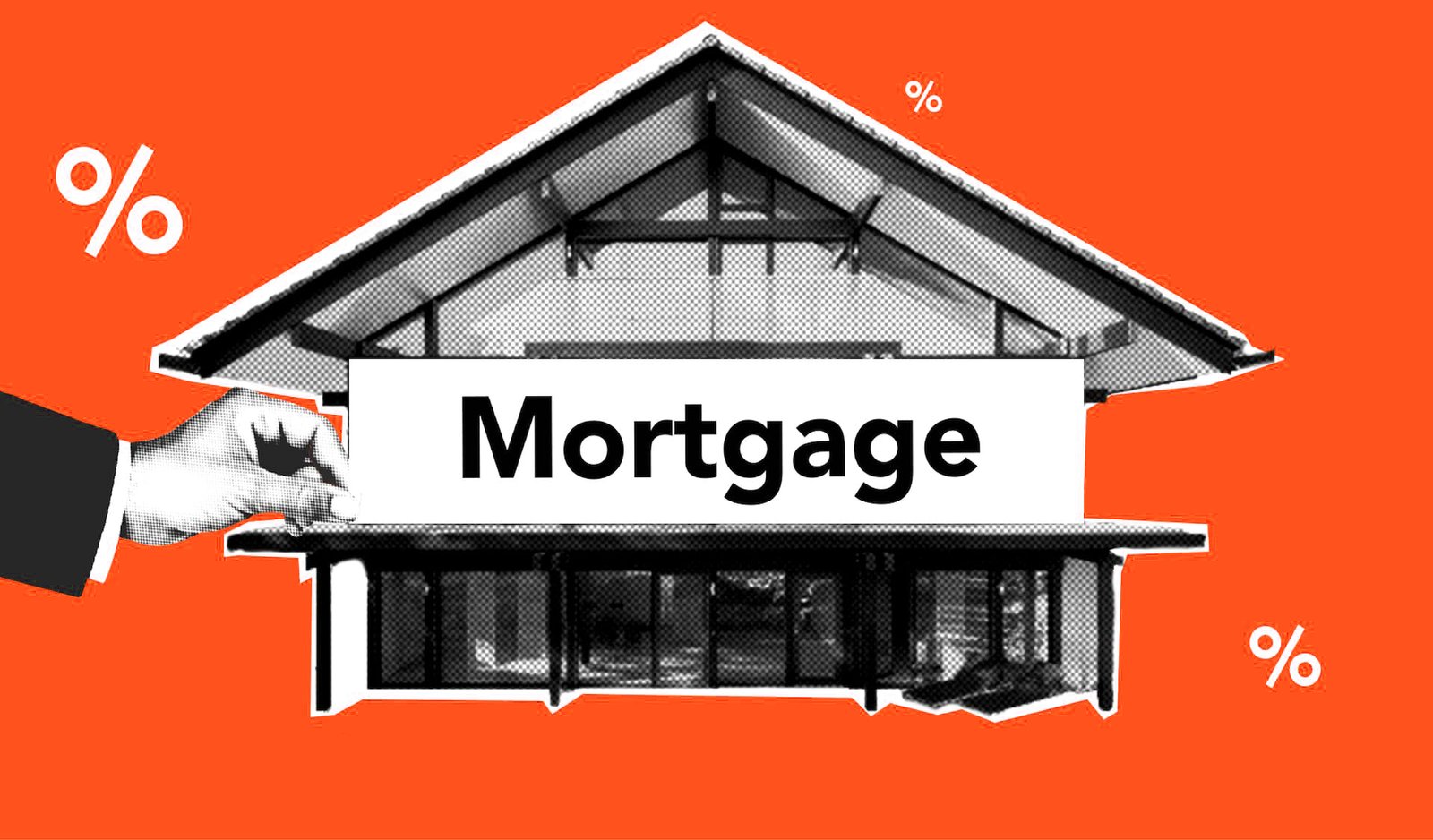
In the realm of home financing, choosing between a fixed-rate mortgage (FRM) and an adjustable-rate mortgage (ARM) is a pivotal decision that can significantly impact your financial landscape. As prospective homebuyers weigh the options, it’s crucial to understand the nuances of each mortgage type to make an informed decision that aligns with their financial goals.
Fixed-Rate Mortgages (FRMs):
Fixed-rate mortgages are a stalwart in the mortgage market, providing stability and predictability to homeowners. With an FRM, the interest rate remains constant throughout the loan term, shielding borrowers from fluctuations in the market. This consistency makes budgeting more manageable and offers peace of mind, especially during times of economic uncertainty.
Pros of Fixed-Rate Mortgages:
1-Stability: Monthly payments stay the same, facilitating long-term financial planning.
2-Predictability: Protection against rising interest rates shields borrowers from sudden payment spikes.
3-Market Immunity: Economic shifts don’t affect the fixed interest rate, providing insulation during economic downturns.
Adjustable-Rate Mortgages (ARMs):
Contrastingly, adjustable-rate mortgages offer a dynamic approach to interest rates. Initially, ARMs typically come with lower interest rates than their fixed counterparts, providing short-term affordability. However, the interest rate on ARMs can fluctuate over time, exposing borrowers to market variations.
Pros of Adjustable-Rate Mortgages:
1-Lower Initial Rates: ARMs often start with lower interest rates, allowing for more affordable initial payments.
2-Potential Savings: If interest rates remain stable or decrease, borrowers may experience lower overall interest payments.
3-Short-Term Flexibility: Ideal for those planning to sell or refinance before the adjustable period begins.
Choosing the Right Mortgage for You:
The decision between an FRM and an ARM hinges on individual circumstances and risk tolerance. Here are key considerations:
1-Financial Goals: Assess short-term and long-term financial objectives to determine the most suitable mortgage.
2-Risk Tolerance: Evaluate your comfort level with potential fluctuations in interest rates and monthly payments.
3-Market Trends: Stay informed about current economic conditions and interest rate forecasts to make strategic decisions.
4-Loan Duration: Consider how long you plan to stay in the home; a shorter stay may favor an ARM, while a longer commitment may lean towards an FRM.
Navigating the intricacies of fixed and adjustable-rate mortgages involves a delicate balance between financial pragmatism and risk management. Here’s a more in-depth look at how each type of mortgage could impact your financial journey.
Fixed-Rate Mortgages: A Pillar of Stability
Long-Term Financial Planning:
The primary allure of fixed-rate mortgages lies in the stability they offer. With a set interest rate, homeowners can budget with confidence, knowing that their monthly mortgage payments won’t fluctuate. This predictability is particularly advantageous for those with fixed incomes or stringent monthly budgets.
Shielding Against Interest Rate Volatility:
In a market where interest rates can be unpredictable, fixed-rate mortgages act as a shield. Regardless of external economic factors, your interest rate remains constant, safeguarding you from the potential financial strain of sudden increases.
Ideal for the Risk-Averse:
For individuals who prioritize financial security and seek to minimize uncertainty, fixed-rate mortgages provide a sense of reassurance. The unchanging interest rate ensures that your financial commitments remain consistent, fostering long-term peace of mind.
Adjustable-Rate Mortgages: Navigating Market Dynamics
Initial Affordability:
One of the most enticing features of adjustable-rate mortgages is their lower initial interest rates. This can translate to more manageable monthly payments during the early years of homeownership, allowing for increased financial flexibility.
Capitalizing on Market Conditions:
While adjustable-rate mortgages introduce an element of uncertainty, they can prove financially advantageous under certain conditions. If market interest rates remain stable or decrease, borrowers may experience lower overall interest payments, potentially leading to long-term savings.
Short-Term Flexibility:
Adjustable-rate mortgages are well-suited for those with short-term housing plans. If you anticipate selling or refinancing before the adjustable period kicks in, the lower initial rates can offer short-term financial relief without exposing you to prolonged market fluctuations.
The Decision-Making Matrix:
As you stand at the crossroads of fixed and adjustable-rate mortgages, consider your financial goals, risk tolerance, and the prevailing market conditions. If the prospect of unchanging stability aligns with your long-term plans, a fixed-rate mortgage may be the cornerstone of your financial strategy. On the other hand, if you’re comfortable navigating market dynamics and seek short-term affordability, an adjustable-rate mortgage might be a strategic choice.
Seeking Professional Guidance:
The complexity of the mortgage landscape necessitates expert advice. Mortgage professionals can provide personalized insights based on your financial profile, helping you make an informed decision tailored to your unique circumstances. Before committing to either option, consult with a mortgage advisor who can guide you through the intricacies of fixed vs. adjustable-rate mortgages, ensuring that your choice aligns seamlessly with your broader financial aspirations.
Conclusion:
In the fixed vs. adjustable-rate mortgage debate, there’s no one-size-fits-all answer. Both options have their merits, and the choice ultimately depends on individual financial circumstances and preferences. Homebuyers should carefully weigh the pros and cons, seek professional advice, and align their mortgage choice with their broader financial strategy. As the housing market continues to evolve, making an informed decision today can pave the way for a financially sound future.
